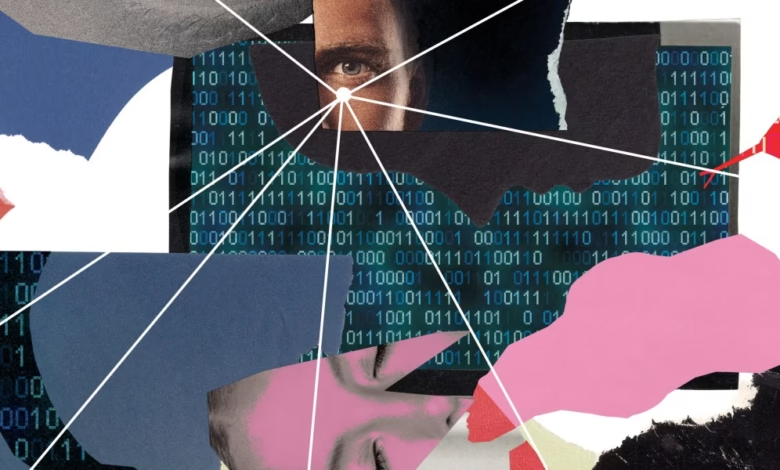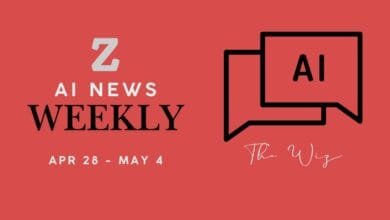Fighting Tech Abuse & Democratizing AI Hardware

▼ Summary
– A growing trend in China uses AI-generated avatars to help people grieve lost loved ones, featured in MIT Technology Review’s podcast.
– Iran plans to disconnect from the global internet to prevent potential cyberattacks from Israel, according to a government spokesperson.
– Trump has delayed a US ban on TikTok, five years after initially ordering ByteDance to sell the app.
– OpenAI is threatening to report Microsoft to antitrust regulators amid rising tensions between the former partners.
– Social media has surpassed TV as Americans’ primary news source for the first time, according to a Reuters report.
The tech landscape is shifting as grassroots movements challenge Silicon Valley’s dominance while AI continues reshaping industries worldwide. Beyond the usual tech hub narratives, a growing resistance is emerging, one that prioritizes ethical innovation over unchecked corporate power.
Meanwhile, China’s AI sector is pioneering unexpected applications, including digital avatars that help grieving families reconnect with lost loved ones. This phenomenon has become so widespread that MIT Technology Review now features it in their weekly podcast series, available on major platforms like Spotify and Apple Podcasts.
Key developments making headlines today:
- Iran is cutting itself off from the global internet in anticipation of cyberattacks from Israel. Government officials confirmed the move, raising concerns about digital isolation during geopolitical tensions.
- TikTok narrowly avoids another US ban as former President Trump delays enforcement of his 2020 executive order. The app remains a battleground for US-China relations, while Chinese brands leverage its viral potential for global reach.
- Misinformation floods social media following a mass shooting in Minnesota. With authorities slow to release details, conspiracy theories and false claims spread rapidly, a recurring problem in crisis situations.
- OpenAI and Microsoft’s partnership frays as disputes escalate. Reports suggest OpenAI may file antitrust complaints against its former ally, signaling deeper rifts in the AI industry.
- Police in California deploy AI surveillance to monitor immigration protests, raising legal and ethical concerns. Critics argue the practice violates privacy laws, especially when data is shared across agencies.
- Social media overtakes television as Americans’ primary news source. The shift reflects changing consumption habits, with streaming services also surpassing traditional cable viewership.
- New research questions the effectiveness of weight-loss drugs, finding bariatric surgery delivers more sustainable results. The study analyzed over 50,000 patient records, challenging popular pharmaceutical solutions.
- AI’s impact on reading habits sparks debate. While automation offers efficiency, experts warn of losing deeper engagement with texts when machines handle interpretation.
- India leans on Chinese expertise to boost its electric vehicle market, diverging from the US approach. The strategy highlights global competition in clean energy technology.
- AI decoders for cat meows gain traction, blending humor with serious tech applications. Researchers aim to translate feline vocalizations, though most guesses likely revolve around food demands.From geopolitical tensions to AI-driven grief support, technology continues evolving in unpredictable ways, reshaping industries, behaviors, and even how we process loss.
(Source: Technology Review)






